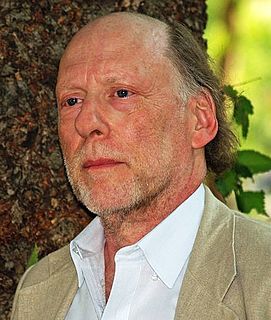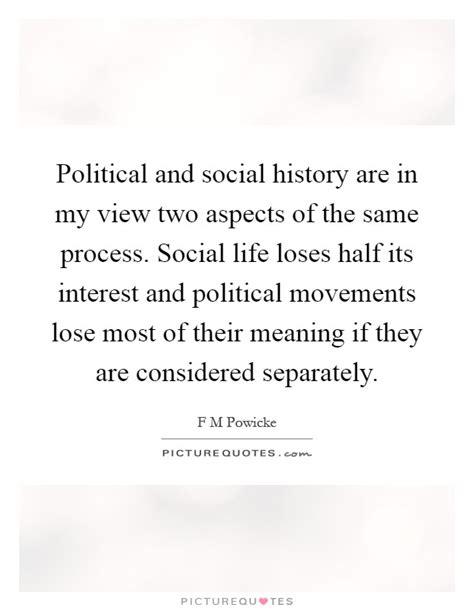Цитата Корнела Уэста
Я помню, как наткнулся на строчку покойного Чарльза Тилли, когда он сказал: «Условия возможности социальных движений были поставлены под сомнение в двадцать первом веке». И я сказал себе, боже мой, мне очень трудно жить в историческом обществе без социальных движений.
Связанные цитаты
Вы строите движения и поддерживаете людей в борьбе, когда это кажется продуктивным. Антикапиталистами обычно были люди в движениях, которые объявляли любую прибыль уловкой класса капиталистов, чтобы подкупить нас. Эта линия не очень вдохновляет, и она не проявляет никакой чувствительности к тому, как социальные движения на самом деле преуспевают.
Венесуэла, Боливия и Эквадор пережили времена жестокого и безжалостного капитализма, когда рабочие, массы населения, жили в ненадежных условиях занятости и средств к существованию. Влияние этой реальности закрепилось и повлияло на эволюцию социального положения этих стран, и даже несмотря на то, что это породило движения, которые были не совсем политическими движениями, а социальными движениями.
Когда Пол [Гринграсс] писал, он присылал мне идеи для историй, которые у него были. Его особенно интересовали социальные движения и революции, которые происходили во всем мире, и то, как компьютеры и Интернет помогали этим движениям. Он посоветовал мне прочитать книгу об Anonymous, хакерской группе, называемой хакерами «белой шляпы», что означает, что ими движет идеология и социальные потрясения, а не просто жадность.
Исторически великие движения за освобождение человечества всегда были движениями за изменение институтов, а не за их сохранение. Из сказанного следует, что были движения, направленные на изменение распределения власти действовать — а способность думать и выражать мысли — это способность делать, — так, чтобы было более уравновешенное, более равное, ровная и справедливая система человеческих свобод.
20-й век - это период, определяемый культурными и художественными движениями. Однако творческий ландшафт 21-го века, который мы сейчас занимаем, на самом деле не имеет такого же движения. Вместо этого он состоит из разных людей, работающих одновременно на разных платформах; искусство, архитектура, кино, музыка и литература.
Отдельные свидетели не меняют историю; только движения, которые понимают свой социальный мир, могут сделать это. Движения поощряют солидарность; нравственный индивидуум, скорее всего, невольно сделает обратное, ибо свидетельствовать одиноко: оно порождает чувство превосходства и моралистический гнев против тех, кто не поступает так же.
Венесуэла, Эквадор, Боливия и Никарагуа совершили огромный скачок, просто отвергнув неолиберальную политику приспособления, они делают заявление с социальной точки зрения. Капитал в этих случаях никак не защищен, что наряду с невмешательством государства является тем, за что выступает неолиберализм. Все пошло наоборот; они искали социальную политику в политических движениях, а затем, когда они приобрели власть этих политических движений, они стали отвечать за государство.




































